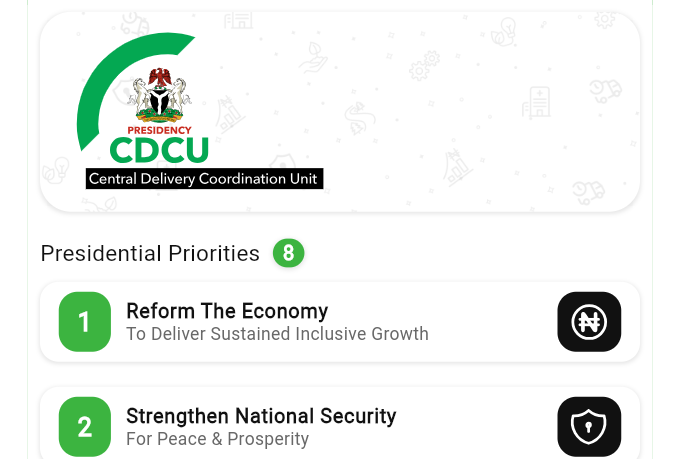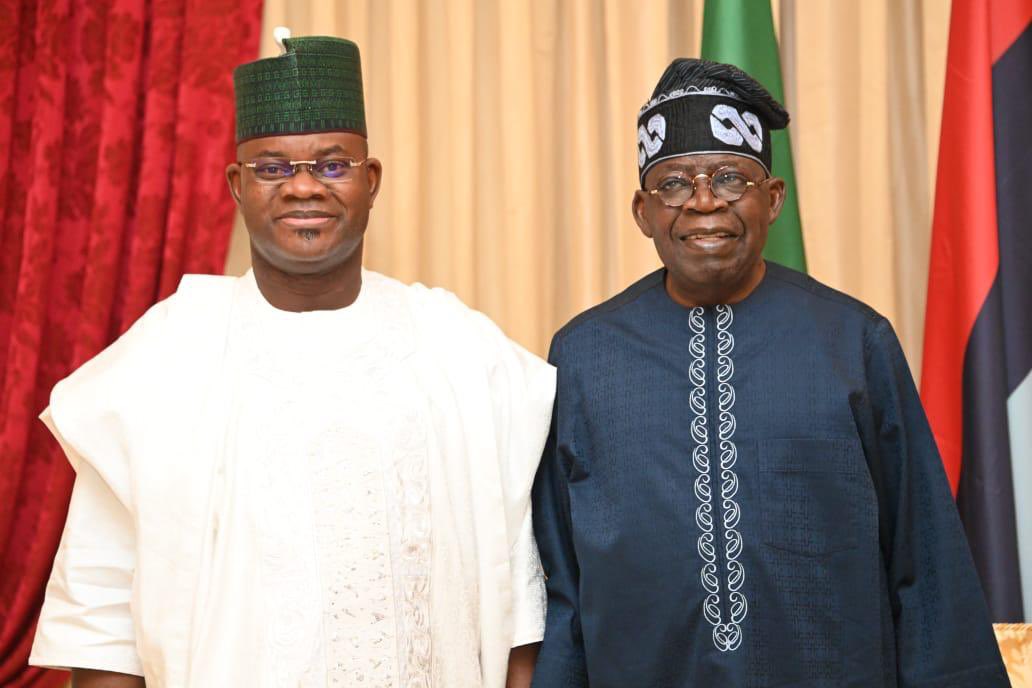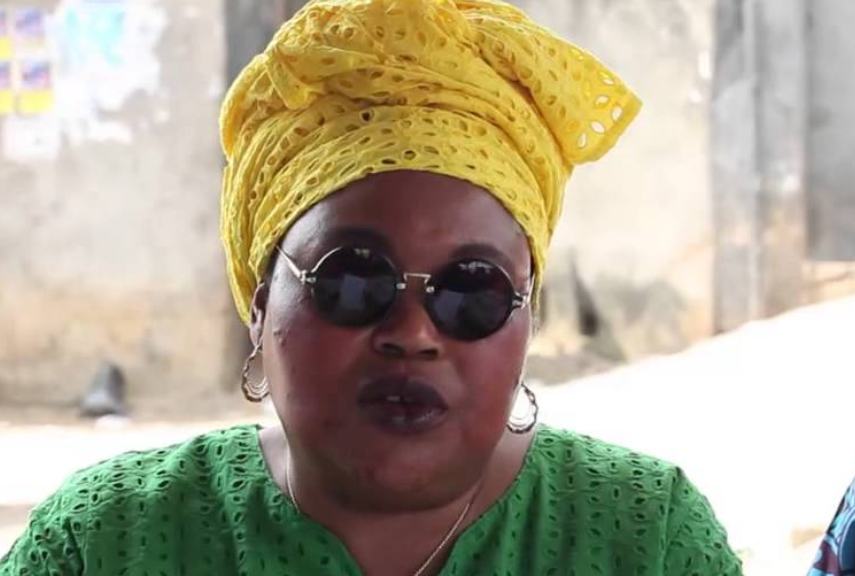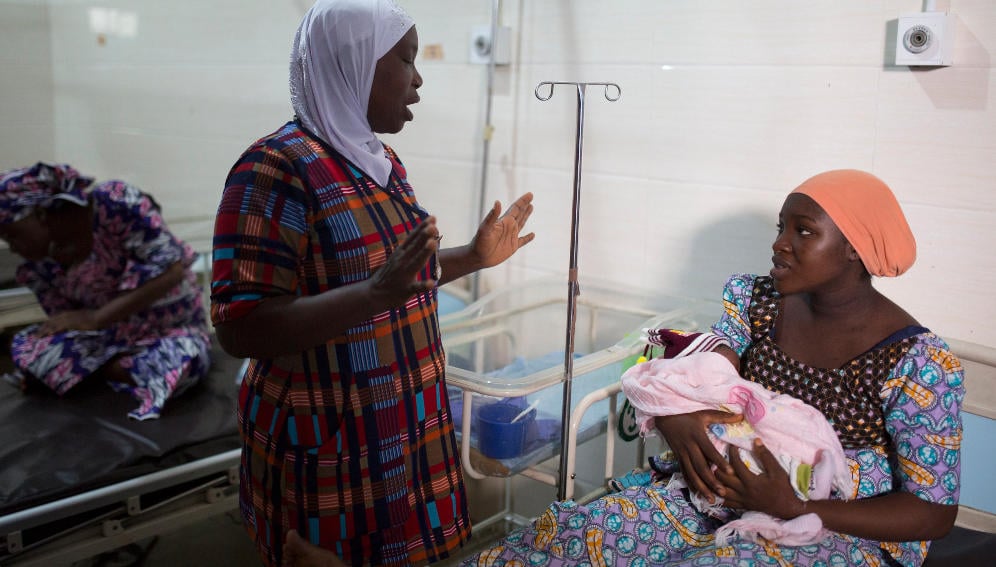BY ORIYOMI ANTHONY
Although President Bola Tinubu’s government’s quest to convince Nigerians that it will make things better is still hanging in the balance, an initiative launched earlier this week has shown that the administration means business and has helped in assuaging the initial doubts of sceptics like me. For the first time, I see a government that wants to run the country with some private sector mindset, giving the impression that government business will be taken more seriously, which I hope will indeed be the case. Let me explain.
Before an employee accepts a role in any organisation, he/she must read through the job description or expectations for the role. To avoid any confusion, most employers spell out job expectations in black and white, and when an employee takes up such job offers it is because they are sure that they can meet the set deliverables. Some organisations even take it a step further by setting performance indicators for each deliverable, marking out a time when each indicator would be evaluated to see if the employee is making progress towards it or has achieved it. If any cases of non-performance or underperformance are found, appropriate interventions are deployed, from capacity building to mentoring to reprimands and in irredeemable cases, disengagement. On the other hand, if the employee has done well in meeting all deliverables, they are celebrated, promoted and/or rewarded with higher pay.
This strategy has helped many organisations achieve their goals and has increasingly become accepted worldwide as a way to monitor and evaluate employee performance. Non-profit organisations also deploy monitoring and evaluation as an essential tool for tracking their impact on the communities they serve.
Advertisement
Beyond corporate organisations, however, there is also a need to evaluate the performance of public office holders, in particular politicians. While they are not employed in the sense of what employment entails, they are elected and, in some cases, appointed, with the expectations to deliver on certain promises or goals. They are some sort of servants to the people with expectations that they will help the government achieve its promises to the people.
And so, evaluating them will ensure that they carry out their duties with utmost dedication and efficiency which will help ensure a well-functioning economy. Recognising the need for monitoring and evaluating public office holders, some countries have introduced different evaluation tools and have as a result begun to enjoy improved delivery in the performance of their leaders.
Until recently, Nigeria was not concerned about having a defined process for evaluating the performance of its political leaders. Indeed, for over 62 years post-independence, political appointees did their work in a sort of bubble which shielded them from the blowback of their policies and agendas. This bubble meant some political appointees, in particular ministers, did not always put in their best in delivering on their jobs since they knew there would be no one to hold them accountable for their less-than-sterling performance. If not for the efforts of civil society organisations like BudgIT, SERAP, EiE and others, who have been at the forefront of making Nigerians aware of the activities of politicians from the local to the federal level, many citizens would remain in a state of ignorance. BudgIT went as far as launching Tracka as a way of tracking service delivery across sectors of the Nigerian economy, and while this has yielded results in some sectors, there is still much more that can be gotten if there was a more robust platform widely available to citizens for them to share feedback and evaluate the performance of political leaders.
Advertisement
This is why I was excited when I read about the launch of the Citizens’ Delivery Tracker App by the Central Delivery Coordinating Unit. The app will “provide citizens with information on priority projects, policies, and programmes of the Federal Government and enable them to give real-time feedback on their assessment of governments performance on the implementation of its policies, projects, and programmes from anywhere they are in the country”.
In addition to citizens, the app will also allow the presidency to fully monitor the performance of every ministry and minister to know who is delivering as expected and who is dropping the ball; and to know what interventions to deploy in such circumstances. This is in line with the performance bond President Tinubu made every minister sign last year. Like most employers, President Tinubu laid down the law that any minister found not performing would be shown the door.
And so, on Monday, 8 April 2024, the Central Delivery Coordinating Unit, led by Mrs Hadiza Bala-Usman, launched the Citizens’ Delivery Tracker. That made me glad!
My excitement stems from the numerous benefits I know would accrue from the tracker chief of which would be an improved service delivery from all ministries and ministers. This means that if the health minister performs as he should, then in a matter of time we will have a well-functioning health sector boasting fully equipped health facilities. We will also have the right number and quality of medical professionals in health institutions across the country and our medical practitioners will prefer to stay than ‘japa’ to foreign countries. It would mean that the proportion of Nigerians with health insurance would increase seeing that this is one of the metrics that will be measured.
Advertisement
The tracker will also lead to a revived agricultural sector that is able to provide food for citizens year-round while also embracing improved agricultural methods and practices.
Tracking the performance of the transportation ministry will result in an efficient transportation sector while evaluating the ministry of education will help to bring back the education sector from its state of near collapse. Essentially, the tracker will ensure no sector of the Nigerian economy will be neglected or will continue to suffer from poor service.
Another benefit of the tracker is that it will allow citizens to understand the eight priority areas, the ministries, departments, and agencies (MDAs) contributing to each priority and the deliverables from each MDA. The tracker also has a column for projects of each MDA which will let the populace know the precise step or project each MDA is taking/embarking on to meet its set deliverables.
As a corollary to understanding each MDA better, the tracker will also spotlight the heads of each MDA so that citizens know who to hold responsible for an MDA’s underperformance. This would mean that ministers and heads of departments and agencies will have no place to hide if they do not meet set expectations.
Advertisement
The tracker will help to curb corruption and wastage. This is because by making a list of projects each MDA is expected to work on available to citizens, citizens can easily raise an alarm if they do not see any such project in their communities or if projects are being duplicated.
Of particular importance is the fact that the tracker will promote citizenship and lead to enhanced democracy. Citizenship in this case would mean an informed and engaged citizenry who is aware of what is happening in the country and who can be consulted and who can contribute to decisions that will affect them. This will result in a form of human-centred design/democratic/collaborative effort where the government and citizens can deliberate on the specific challenges facing a community/sector and where the government will ultimately be able to set up projects based on the inputs/recommendations from the citizens who know where the shoe is pinching them. This would greatly reduce the cases of creating projects that have no direct impact on citizens or that are not the right solutions to the problems of citizens.
Advertisement
To emphasise this further, there’s a story that is commonly cited in non-profit monitoring and evaluation circles about why it is important to involve the end-users of an intervention in its design. The story goes thus. A certain non-profit visited a community and noticed that the women there usually walked a long distance to fetch water. Thinking that this long distance was stressful for the women, the organisation decided to dig a well closer to the women’s homes. But they soon noticed an interesting thing. The well became filled with debris and all sorts of dirt, making it unusable. Thinking it was some sort of structural error, they dug another well and the same thing happened. They dug a third and it soon became filled with debris again. Exasperated, the non-profit decided to find out what was happening, and they consulted some of the women. To their greatest surprise, the women confessed to being the ones responsible for filling the wells with debris. Why did they do this? Because walking a long distance to their original well actually gave them time to connect with friends, relax from the daily tedium of their lives and just have some personal time for themselves free from children, husbands, and other relatives. To say the non-profit’s executives were surprised would be an understatement, but they would have saved themselves the money and other resources deployed in building wells nearer home if they had asked the women what they needed.
And if we are being honest there are many examples of these kinds of white elephant and redundant projects across Nigeria which would never have seen the light of day, and which do not benefit the masses because the government embarked on them without considering the pressing needs of the community they want to serve. This has always resulted in a huge waste of resources that could have been better deployed elsewhere. However, this delivery tracker app will help in reducing such incidences because the citizens will have the opportunity to share their thoughts/comments and feedback on their needs and the best solutions for them. And they don’t have to be experts or other professionals before they can contribute, they only need to have lived experiences of a situation and realistic recommendations to combat the problems. Essentially, the tracker will help to give a voice to the voiceless. This will ultimately help in realising the goals of democracy being ‘a government of the people, by the people and for the people’.
Advertisement
The tracker will also help in putting an end to the culture of poor and underperformance from appointed ministers. Instead of the previous lackadaisical attitude that some ministers show to their work because of the secrecy it is shrouded in, the publicity that the tracker gives means this will no longer continue. Rather, ministers will now be on their toes to ensure they please their employers by pleasing the masses they have been appointed to serve. To show that the citizens have been looking forward to this kind of innovation, less than 24 hours after its launch, there has been news of some citizens reporting/rating the performance of different ministers on the app. And if the Tinubu government keeps to its word, then such underperforming ministers and ministries will have to step up or get out.
Overall, if properly utilised, the Citizens’ Delivery Tracker App will mean Nigerians will no longer have to beg to get the necessities of life and have the proceeds of good governance that previous leaders and this government have promised.
Advertisement
This is because the app will help in no small way in ensuring that the 8 priority areas of the Tinubu administration would not go the way of the numerous other economic plans that Nigerian leaders have introduced in yesteryears.
I dare say if past administrations had embraced the culture of setting key performance indicators and monitoring the delivery of the economic plans and agendas they introduced, they would have successfully executed the plans. In this regard, the current administration is visionary and has shown proactiveness, but it remains to be seen if this proactiveness will yield the expected returns to citizens. It would also be good to see more monitoring and evaluation efforts deployed to other political tiers and across states and local governments. This may be the citizens’ trump card to get elected officials to do their jobs.
Oriyomi Anthony is a development professional, writer, and editor.
Views expressed by contributors are strictly personal and not of TheCable.






